Safran and Uber unveil a full-scale cabin mockup based on a vision of on-demand urban air mobility vehicle.
Uber has announced Australia as the first international market for Uber Air, with Melbourne being selected as the third official pilot city. Melbourne will join Dallas and Los Angeles as pilot cities for the program, with test flights due to start from 2020 and plans for commercial operations to commence from 2023.
Taking Uber’s tech to the sky, Uber Air aims to open up urban air mobility, and help alleviate transport congestion on the ground. In the long term, the vision is for safe, quiet electric vehicles transporting tens of thousands of people across cities for the same price as an UberX trip over the same distance.
Susan Anderson, Regional General Manager for Uber in Australia, New Zealand and North Asia made the announcement at Uber’s global Elevate (Uber Air) Summit in Washington (June 11) and said:
“Since we entered the market in 2012, Australians have embraced Uber wholeheartedly. Today, over 3.8 million Aussies regularly use Uber as a reliable way to get from A to B, and governments across the country have recognised the important role ridesharing plays in the future of transport for our cities.
Australian governments have adopted a forward-looking approach to ridesharing and future transport technology. This, coupled with Melbourne’s unique demographic and geospatial factors, and culture of innovation and technology, makes Melbourne the perfect third launch city for Uber Air. We will see other Australian cities following soon after.
The State Government of Victoria, Australia has been highly supportive, and we look forward to partnering with them to progress into this first international trial for Uber Air in Melbourne.”
Congestion is a growing concern for cities around the world, and Australia is not immune – congestion currently costs Australia $16.5 billion annually and increasing to around $30 billion by 2030.
source Uber

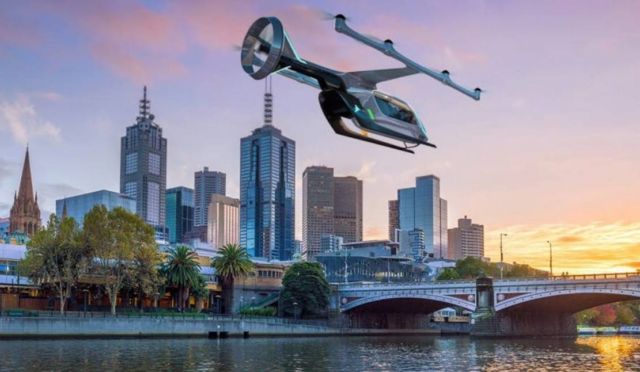
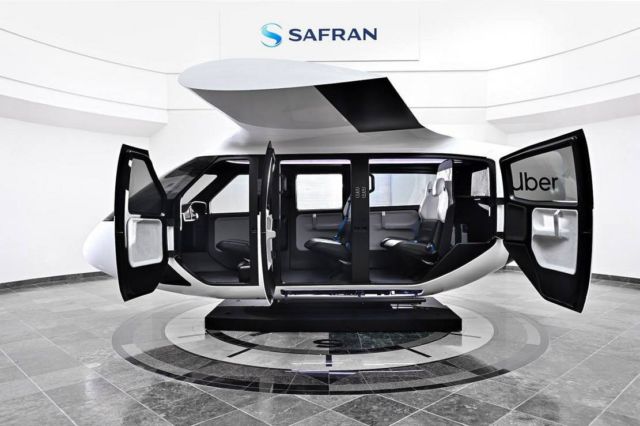
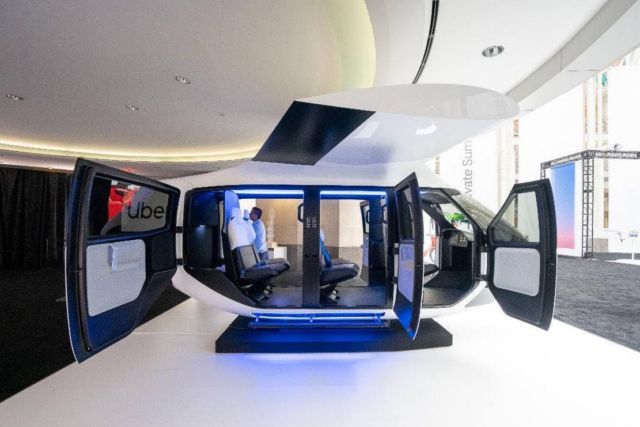
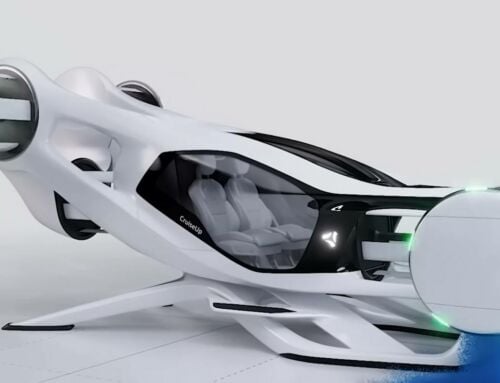
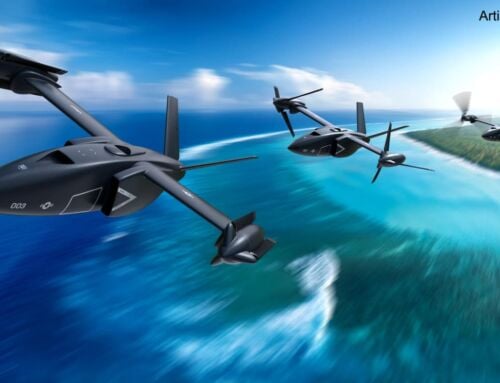
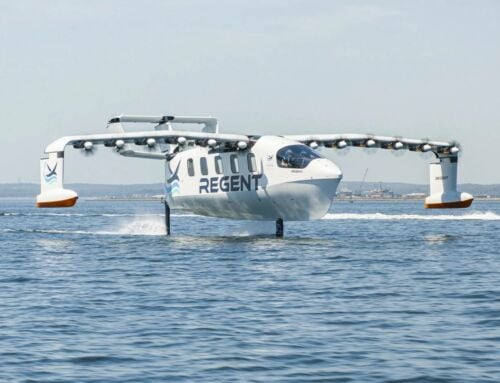
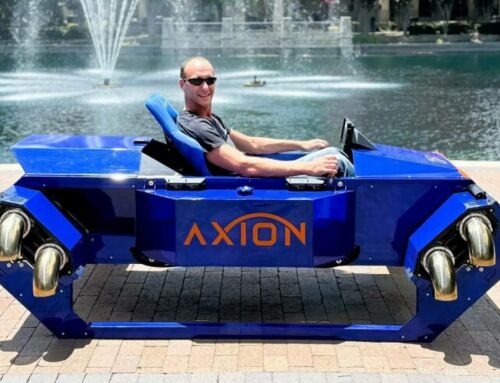
Leave A Comment